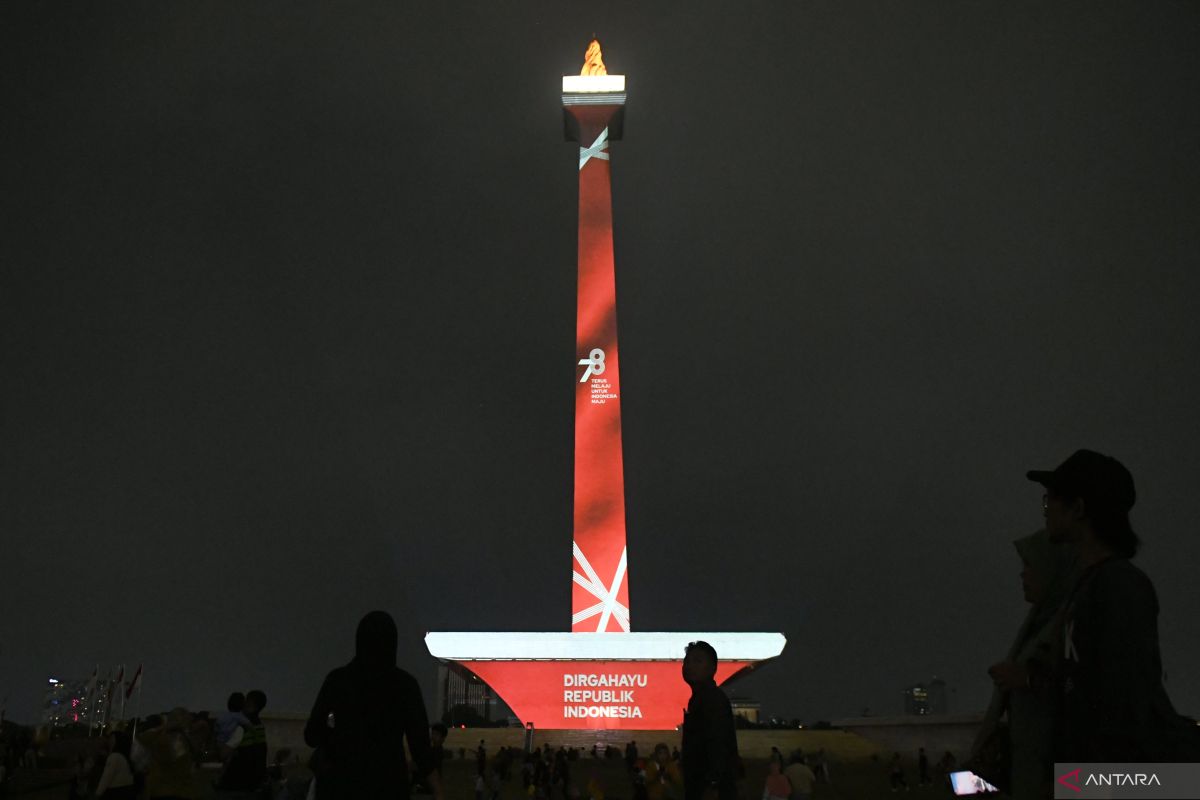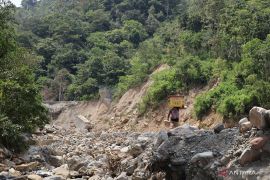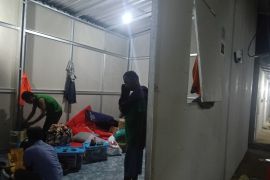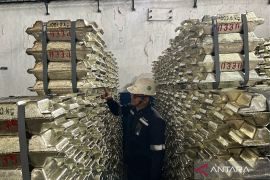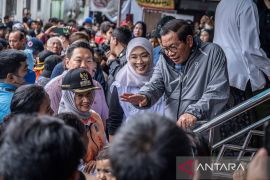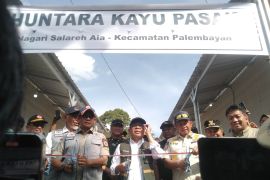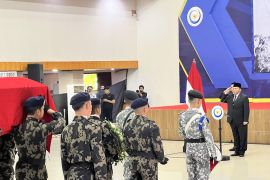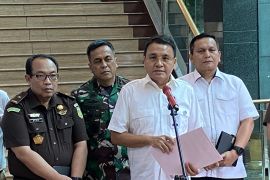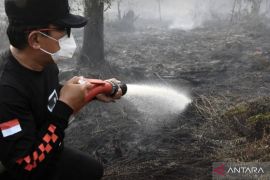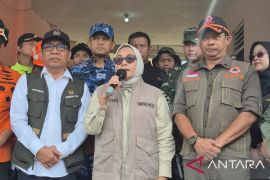He said on Tuesday that a sensing city requires real-time data collection, so that the data can be analyzed quickly to support appropriate problem intervention for the benefit of Jakarta's residents.
"In the future, we can grab real-time data, such as from water level sensors and TransJakarta. This can be a source of data that can be analyzed to make what we call an 'understanding city,'" he explained.
He said that sensors can be used to monitor surface water levels in rivers, so that real-time data from them can be used to mitigate floods.
Data from sensors can also be applied in public transportation, monitoring traffic density, and optimizing other public services.
He outlined several stages to realizing Jakarta as a sensing city, with the first stage being identifying problems.
The second stage is the ability to diagnose the cause of the problem, while the third is the ability to predict which services would be required by the residents, and lastly, the ability to give recommendations to the government.
He noted that after the provincial government understands the data, it can conduct interventions based on data or implement data-based policies.
On the other hand, Nugraha remarked that along with preparing Jakarta to be a sensing city, the provincial government is also striving to make Jakarta a safe city.
The official complaint channel, such as the Jakarta Kini (Jaki), can be developed further for emergency cases, he added.
"The official complaint channel is currently non-emergency. As long as we have the data, it can serve emergency cases in its future development," he stated.
Related news: Govt to form regional council for Jakarta Special Region: VP
Related news: Envisioning Jakarta's economic influence after capital relocation
Translator: Rio F, Kenzu
Editor: Anton Santoso
Copyright © ANTARA 2023
